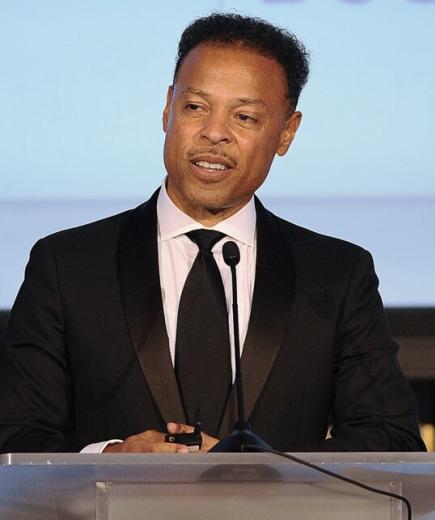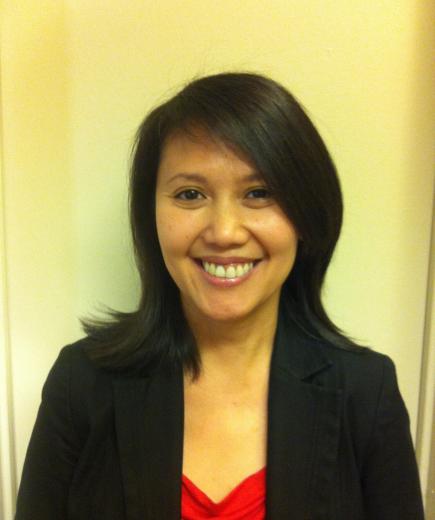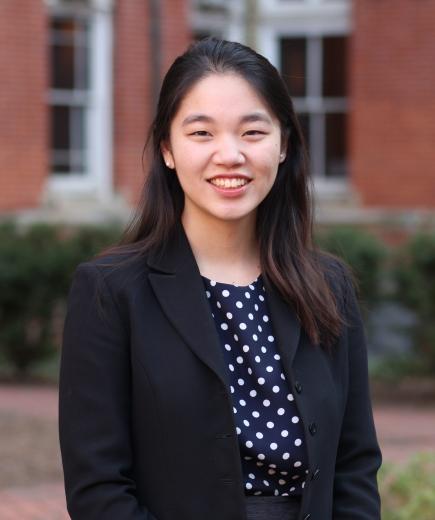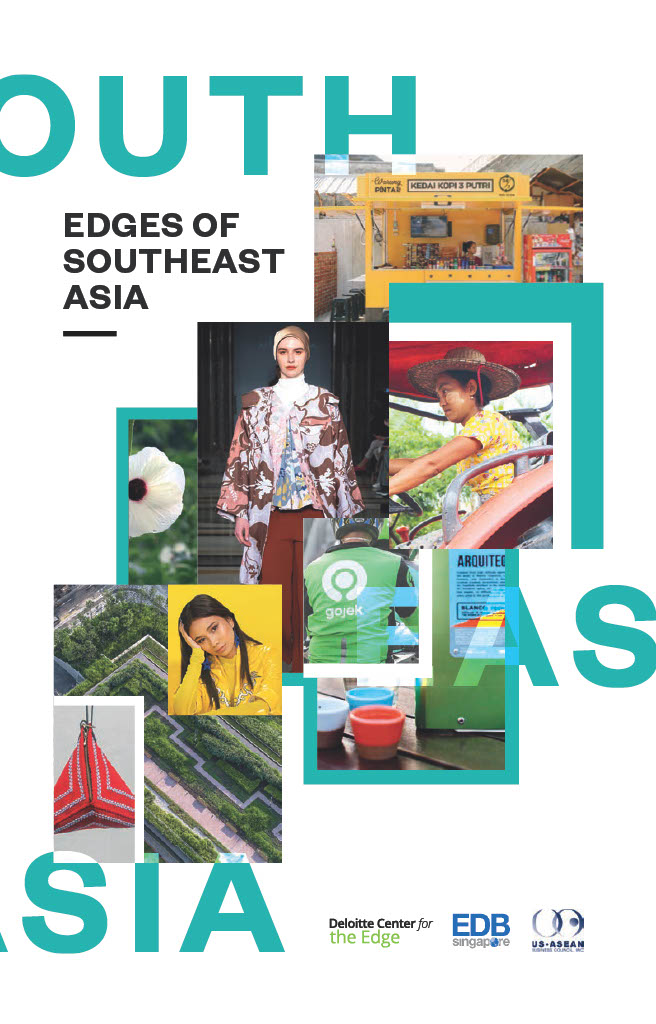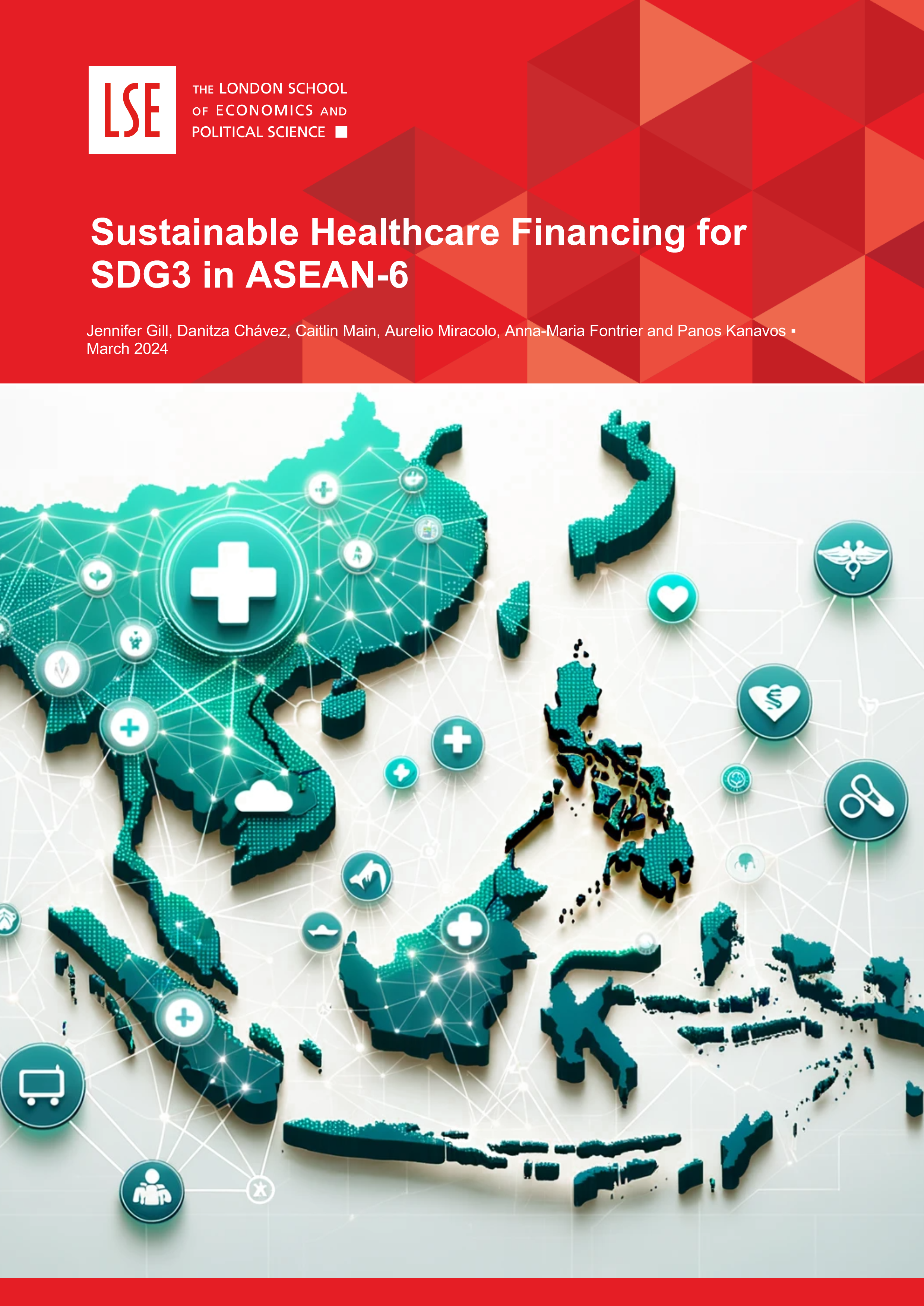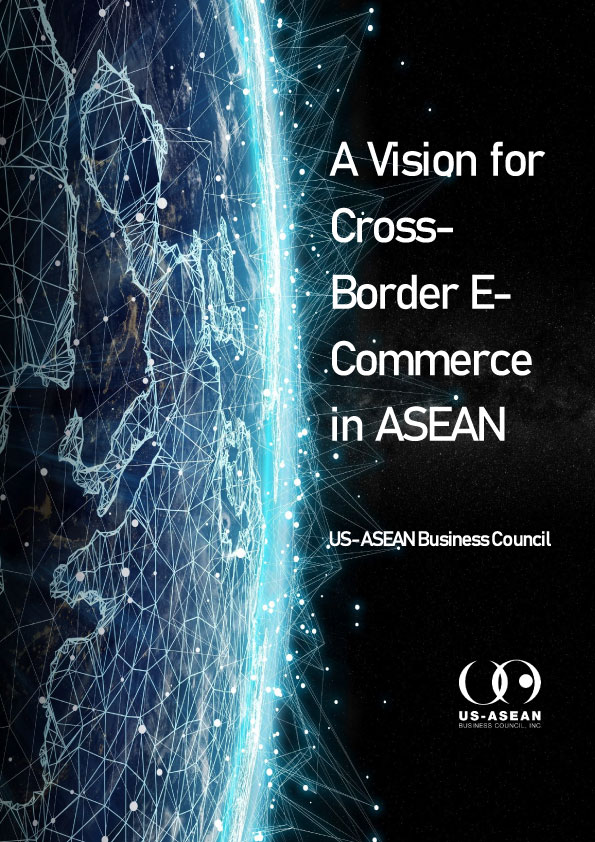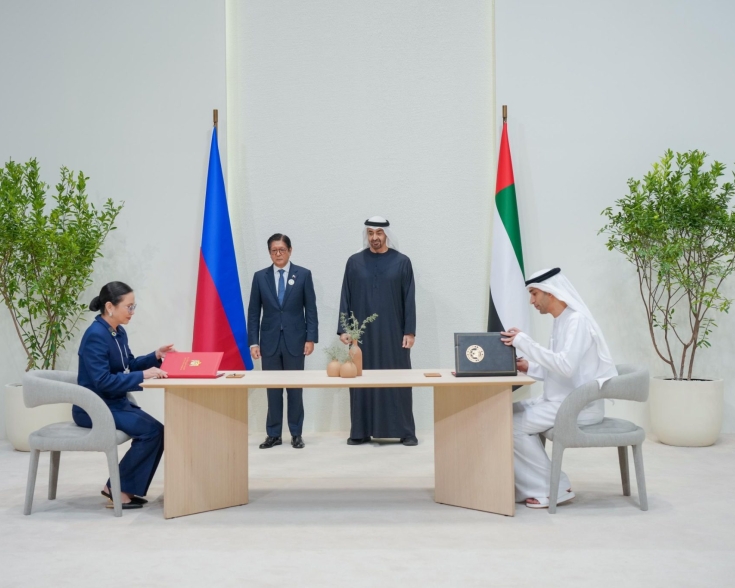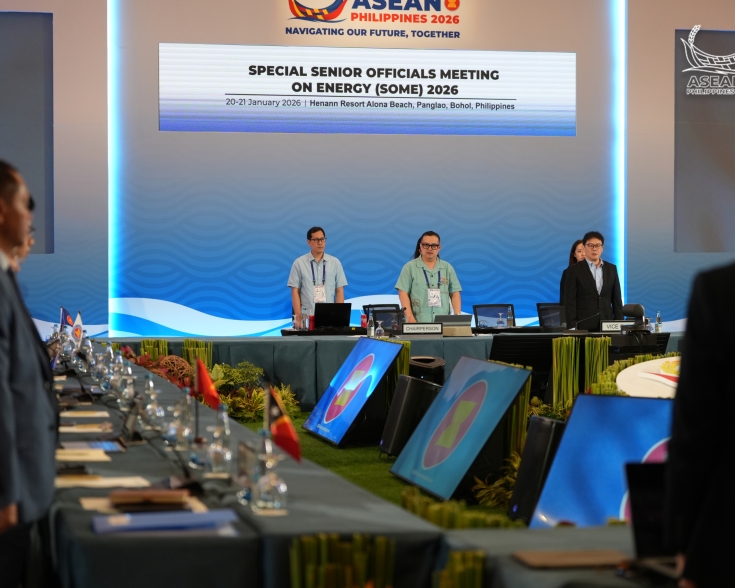ASEAN’s Regional and National Strategies on the New U.S. Trade Regime
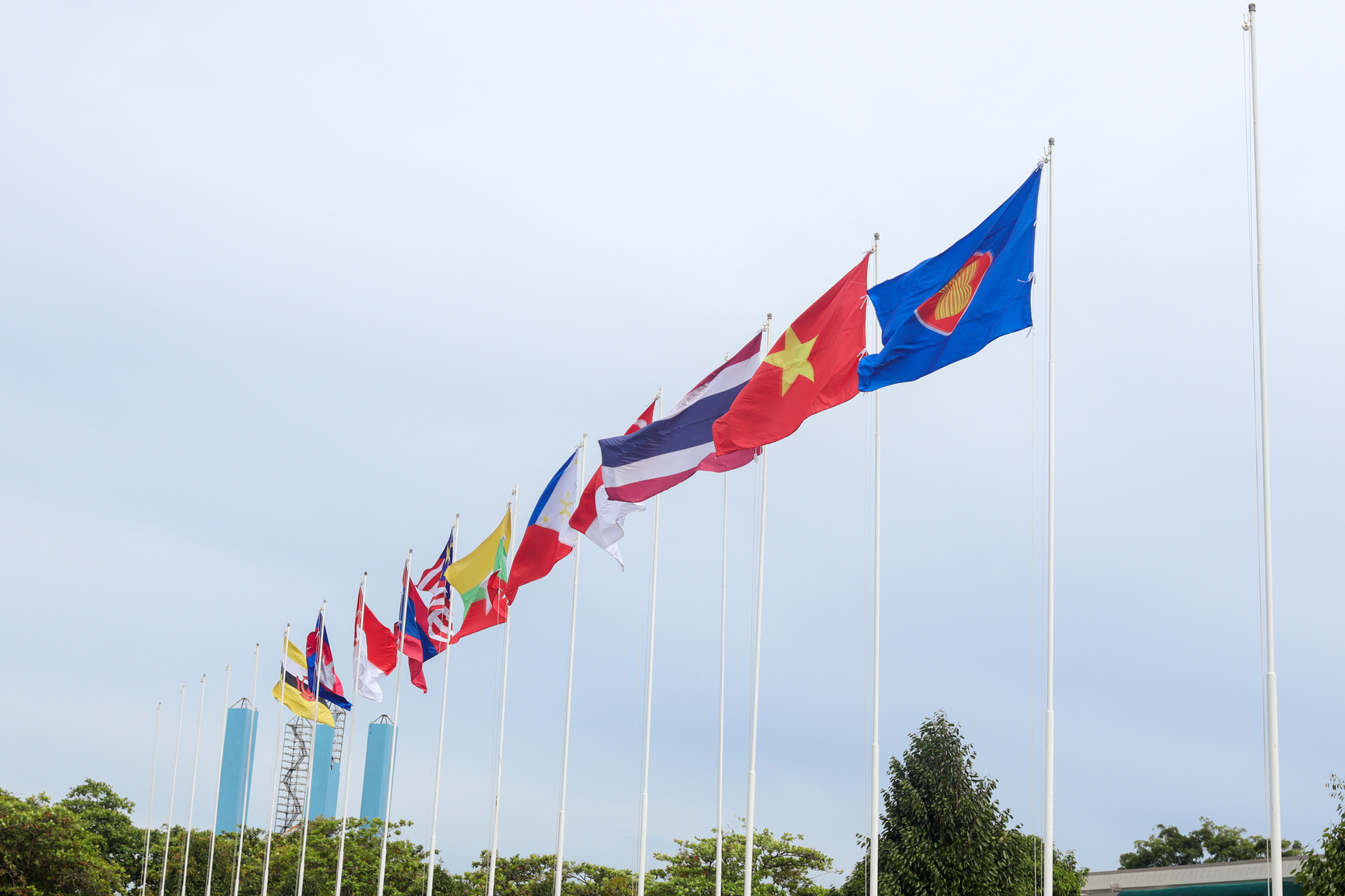
On April 10, 2025, ASEAN as a bloc unanimously agreed on a diplomatic and non-retaliatory approach in response to the U.S. reciprocal tariffs. Recognizing the United States as a valuable economic partner, ASEAN reaffirmed its collective commitment to address the U.S. trade concerns constructively.
At the regional level, a Special ASEAN Economic Ministers (AEM) Meeting resolved to pursue mutually acceptable solutions under the ASEAN-U.S. Trade and Investment Framework Agreement (TIFA) and the Expanded Economic Engagement (E3) Workplan. Furthermore, ASEAN aims to strengthen economic relationship through a proposed ASEAN-U.S. economic cooperation framework focusing on high-value sectors such as digital services, food and agriculture, renewable energy, and healthcare. A dedicated ASEAN-U.S. working group has been pushed to coordinate regional-level tariff discussions.
ASEAN national responses have varied in pace and approach. These strategies broadly fall into two categories: concession packages and diplomatic/assessment-based approaches.
Concession Package Strategies
Vietnam: Even before the announcement of a 46% reciprocal tariff on American importers of goods made in Vietnam, the Government of Vietnam proactively enacted Government Decree 73/2025/ND-CP to boost imports from the United States and improve trade balance by lowering MFN tariffs on various U.S. imports, including automobiles, LNG, ethanol products, ethane, and agricultural goods. These changes took effect immediately upon issue on March 31, 2025. Following preliminary talks including the first ministerial meeting on March 13, Vietnam officially launched bilateral negotiations with the U.S. Trade Representative on April 23, led by Minister of Industry and Trade Nguyen Hong Dien.
Indonesia: In response to a 32% reciprocal tariff on American importers of goods made in Indonesia, the Government of Indonesia has proposed to increase imports from the United States by up to $19 billion covering key U.S. products, such as soybean, wheat, and energy commodities. The government is also exploring long-term cooperation in critical minerals. The Indonesian delegation, led by Coordinating Minister for Economic Affairs Airlangga Hartanto, met with the U.S. Trade Representative in Washington D.C. on April 17, 2025.
Thailand: In response to a 36% tariff on American importers of goods made in Thailand, the Government of Thailand is preparing to increase imports of key products such as natural gas, petrochemicals, commercial aircraft, and agricultural products. The trade talks between Deputy Prime Minister and Finance Minister Pichai Chunhavajira and U.S. counterparts, originally scheduled for April 23, were postponed pending confirmation of a new date. According to news sources, the negotiations were postponed because the United States has asked Bangkok to review important issues. Prime Minister Paetongtarn Shinawatra has stated that negotiations that negotiations must be mutually beneficial. Thailand is examining Thai agricultural exports and additional imports.
Cambodia: The Government of Cambodia which faces the highest import tariff rate among ASEAN countries at 49%, held virtual negotiations with the United States on April 16. Led by Council for the Development (CDC) First Vice-Chairman Sun Chanthol and Minister of Commerce Cham Nimul, the Cambodian team proposed immediate limited tariff reductions on 19 U.S. product categories, including agricultural goods and automotive vehicles.
Diplomatic and Assessment-Based Approach
Malaysia: In response to a 24% tariff on American importers of goods made in Malaysia, the Government of Malaysia held discussions in Washington on April 24 with the United States Trade Representative and Commerce Secretary to enhance trade relations, particularly in global semiconductor and electronic sectors, without offering a concession package. Minister of Investment, Trade, and Industry Tengku Zafrul Aziz as Malaysia’s lead negotiator underscored Malaysia’s role, as a neutral country, in the supply chain between Asia and the United States. He also shared ASEAN’s position to the U.S. during the visit.
Singapore: The Government of Singapore has engaged with Washington to clarify the scope and implementation of the 10% universal tariff. The initial discussion took place on April 8 between the Ministry of Foreign Affairs and the U.S. Secretary of State, focusing exclusively on clarification. On April 15, Trade and Industry Minister Gan Kim Yong, serving as Singapore’s chief trade negotiator, held bilateral talks with the U.S. Trade Representative to further address the issue and explore potential next steps.
Philippines: In response to a 17% tariff on American importers of goods made in the Philipines, the Government of the Philippines plans to pursue a bilateral free trade agreement (FTA) with the U.S. as a rules-based solution to enhance bilateral trade. Key focus sectors include electronics, automobiles, and agriculture products. Trade Secretary Cristina Aldeguer-Roque is scheduled to meet U.S. Commerce Secretary Howard Lutnick to discuss the FTA.
Brunei Darussalam and Laos: Both governments are primarily engaging the United States Government through ASEAN channels. Brunei Darussalam, subject to a 24% tariff, is conducting an impact assessment through its Ministry of Finance and Economy, while seeking to engage U.S. counterparts for clarification. Meanwhile, Lao PDR, facing a 48% tariff, is closely monitoring trade developments and evaluating the potential domestic economic impact.
To support U.S. business engagement in the region, the USABC is organizing roundtable discussions with key ASEAN government officials during their visits to Washington D.C. and on the sidelines of the IMF/WB Spring Meetings. These sessions present valuable opportunities for the Council and U.S. companies to engage directly and gain insights into each country’s strategies and ongoing negotiation in response to the new U.S. trade policy. The USABC also plans to organize engagement opportunities for interested members in ASEAN capitals with officials serving as negotiators with the United States Government.
